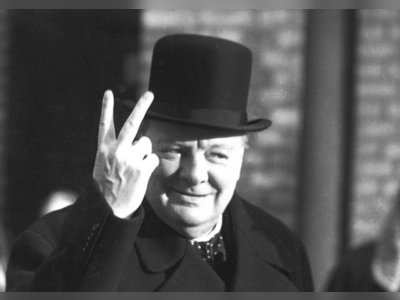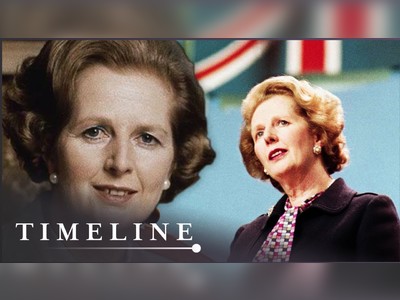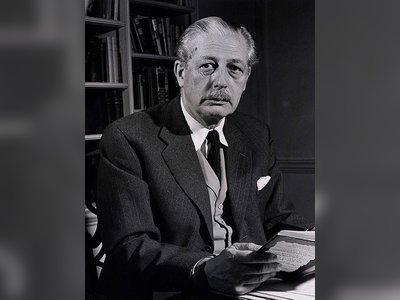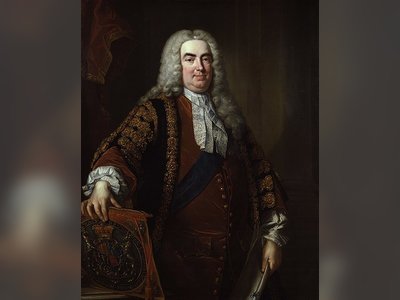British Heritage
Remember, Cherish, Learn.
beta
Alastair Campbell
A Political Strategist and Journalist with a Lasting Legacy.
Contribution to British Heritage
Alastair Campbell, a prominent British journalist, author, strategist, broadcaster, and activist, left an indelible mark on the country's political landscape. His most significant contributions came during Tony Blair's leadership of the Labour Party from 1994 to 2007. Campbell's expertise in political strategy, policy development, operational management, and administration earned him the informal title of the "Deputy Prime Minister of the United Kingdom" during the Blair years.
As Blair's spokesman and campaign director, Campbell played a pivotal role in the party's successful election campaigns. He later served as Downing Street Press Secretary and the Prime Minister's Official Spokesperson. Campbell's prowess in managing government communications led to him being dubbed one of the greatest "government communications czars."
His legacy in British heritage lies in modernizing government communications, coining the term "New Labour," and facilitating the peace process in Northern Ireland, which led to the Good Friday Agreement. Campbell's strategic thinking and communications expertise also helped the Labour Party gain support from national media outlets that had traditionally been anti-Labour. His contribution to political communication during this era set a standard for future politicians and governments.
Success and General Info
Alastair John Campbell was born on 25 May 1957 in Keighley, West Riding of Yorkshire, to Scottish parents. He attended various schools, including City of Leicester Boys' Grammar School and Gonville and Caius College, Cambridge, where he studied modern languages. After brief stints in teaching and casino work, Campbell began his journalism career with the Mirror Group Newspapers.
Campbell's rise in political journalism led him to the London offices of the Daily Mirror and later the tabloid newspaper Today. However, his personal struggles with alcoholism and depression overshadowed his professional success during this period. After seeking treatment and overcoming his addiction, Campbell joined Tony Blair's team as press secretary and chief strategist during the 1997 general election.
In government, Campbell revolutionized government communications, creating the Strategic Communications Unit and introducing modernization and efficiency strategies. His skills as a communicator and strategist played a crucial role in the Labour Party's electoral victories in 1997, 2001, and 2005.
Campbell's Later Career and Mental Health Activism
After his tenure in Downing Street, Campbell continued to work as a political consultant and adviser, providing his expertise to various governments and political parties worldwide. He also became a well-known journalist, writing for publications like GQ magazine and The Times.
Campbell's advocacy for mental health issues became a central part of his life. His own experiences with depression inspired him to become a vocal supporter and advocate for the mental health anti-stigma campaign Time to Change. He received recognition from the Royal College of Psychiatrists for his efforts to break down the stigma surrounding mental illness.
Conclusion
Alastair Campbell's legacy in British heritage is a testament to his strategic brilliance, political communication skills, and contribution to the peace process in Northern Ireland. His work during Tony Blair's leadership of the Labour Party reshaped government communications and set new standards for political campaigning. Beyond politics, Campbell's activism in mental health awareness further demonstrates his commitment to improving society and making a positive impact on people's lives.
- Alastair Campbellen.wikipedia.org











